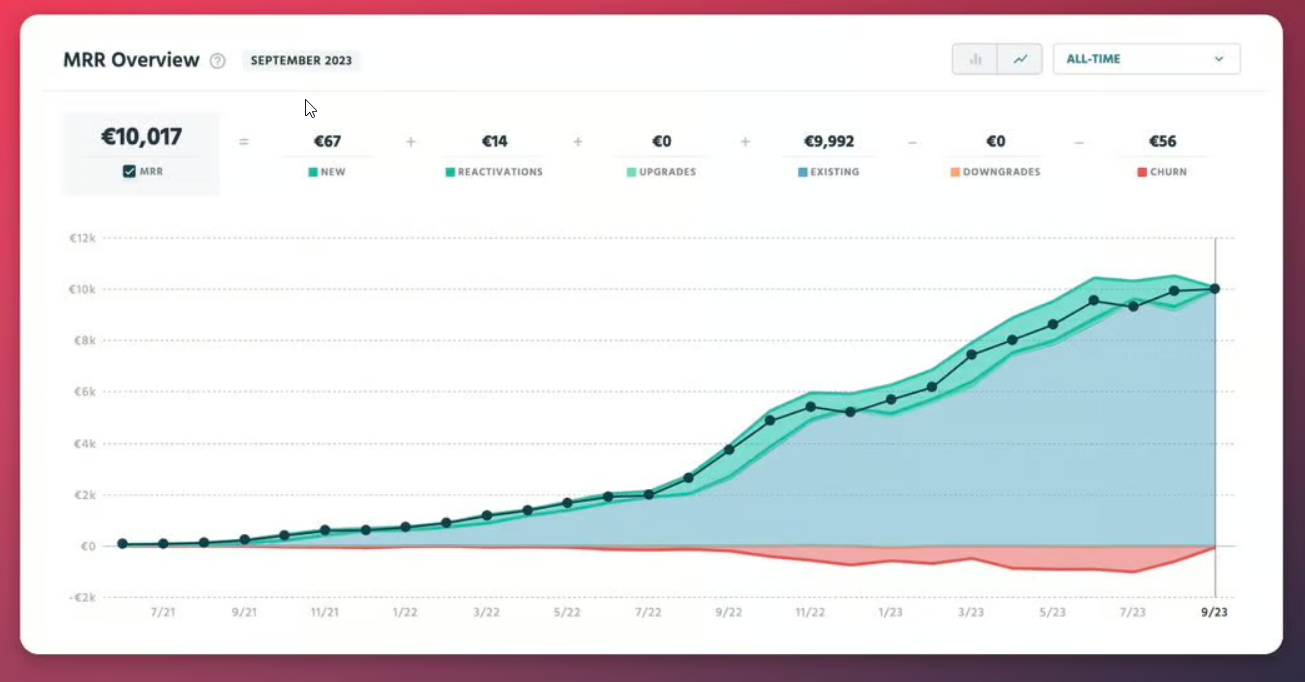Unveiling Socrates GM: Revolutionizing Decision-Making in Modern Businesses
In the dynamic landscape of modern business, where competition is fierce and decisions often spell the difference between success and failure, the need for effective decision-making tools has never been more critical. Enter Socrates GM — a revolutionary approach inspired by the philosophical wisdom of Socrates himself, blended with modern management principles to tackle complex business dilemmas with clarity and precision.
The Philosophy Behind Socrates GM
Socrates, the ancient Greek philosopher, is renowned for his Socratic method, a form of cooperative argumentative dialogue to stimulate critical thinking and illuminate ideas. Central to his approach was the concept of questioning assumptions, probing deeply into the foundations of beliefs, and arriving at truth through rigorous examination.
Socrates GM, which stands for “Socratic Governance Model,” draws heavily from this philosophical foundation. It proposes a structured framework for decision-making within organizations, aiming to foster a culture of inquiry, collaboration, and reasoned judgment.
Understanding the Principles
1. Questioning Assumptions:
At the core of Socrates GM lies the practice of questioning assumptions. Instead of accepting conventional wisdom or default strategies, decision-makers are encouraged to challenge underlying beliefs. This process helps unearth hidden biases, identify blind spots, and uncover alternative perspectives that might otherwise be overlooked.
2. Seeking Clarity Through Dialogue:
Dialogue is central to the Socratic method, and likewise, it plays a pivotal role in Socrates GM. By engaging in open and constructive dialogue, stakeholders can explore different viewpoints, clarify objectives, and collectively analyze potential courses of action. This collaborative approach not only enhances understanding but also cultivates a sense of ownership and alignment among team members.
3. Embracing Ethical Considerations:
Socrates was deeply concerned with ethical inquiries, and his philosophy emphasized the pursuit of moral truth. In a similar vein, Socrates GM encourages decision-makers to consider ethical implications when evaluating options. By integrating ethical reasoning into the decision-making process, organizations can uphold integrity, build trust with stakeholders, and navigate complex moral dilemmas with integrity.
4. Embracing Humility and Continuous Learning:
Socrates famously proclaimed, “I know that I know nothing.” This declaration of humility underscores the importance of intellectual modesty and a willingness to acknowledge one’s limitations. In the context of Socrates GM, humility translates into a readiness to admit uncertainty, welcome diverse perspectives, and embrace continuous learning. By cultivating a culture of humility, organizations can foster resilience, adaptability, and innovation in the face of uncertainty.
Implementing Socrates GM in Business
While the philosophical underpinnings of Socrates GM are timeless, its practical application within modern businesses requires thoughtful adaptation. Here are some key steps to implement Socrates GM effectively:
1. Leadership Commitment:
Successful implementation of Socrates GM begins with leadership commitment. Executives and senior managers must champion the adoption of a Socratic approach to decision-making, modeling the values of inquiry, dialogue, and ethical reasoning throughout the organization.
2. Training and Development:
To embed Socrates GM into the organizational culture, training programs should be developed to equip employees with the necessary skills and mindset. This includes fostering critical thinking, communication skills, and ethical awareness through workshops, seminars, and ongoing learning opportunities.
3. Structuring Decision-Making Processes:
Socrates GM should be integrated into existing decision-making processes, ensuring that it becomes a routine part of organizational governance. This may involve establishing dedicated forums for dialogue, such as Socratic circles or decision-making committees, where stakeholders can engage in rigorous inquiry and debate.
4. Embracing Technology:
In the digital age, technology can enhance the practice of Socrates GM by facilitating communication, collaboration, and data analysis. Tools such as online forums, collaborative decision-making platforms, and predictive analytics can augment traditional methods, enabling organizations to make more informed and transparent decisions.
Case Studies: Socrates GM in Action
1. XYZ Corporation:
Facing a strategic crossroads, XYZ Corporation implemented Socrates GM to evaluate potential market expansions. By questioning assumptions, engaging in dialogue with stakeholders, and considering ethical implications, the company was able to identify a previously overlooked niche market and develop a successful entry strategy.
2. Acme Healthcare:
In response to a patient safety crisis, Acme Healthcare adopted Socrates GM to review its internal processes and procedures. Through collaborative inquiry and ethical reflection, the organization identified systemic issues contributing to errors and implemented corrective measures, leading to a significant improvement in patient outcomes.
Conclusion
In an era defined by uncertainty, complexity, and rapid change, traditional decision-making models often fall short in addressing the multifaceted challenges faced by modern businesses. Socrates GM offers a compelling alternative, rooted in timeless philosophical principles yet tailored to the demands of the contemporary world.
By embracing the spirit of inquiry, dialogue, ethical reasoning, and humility, organizations can unlock new possibilities, navigate complexity with clarity, and ultimately, achieve sustainable success in an ever-evolving marketplace. Socrates GM is not just a decision-making model; it is a philosophy for thriving in the face of uncertainty, guiding organizations toward truth, wisdom, and enlightened governance.





